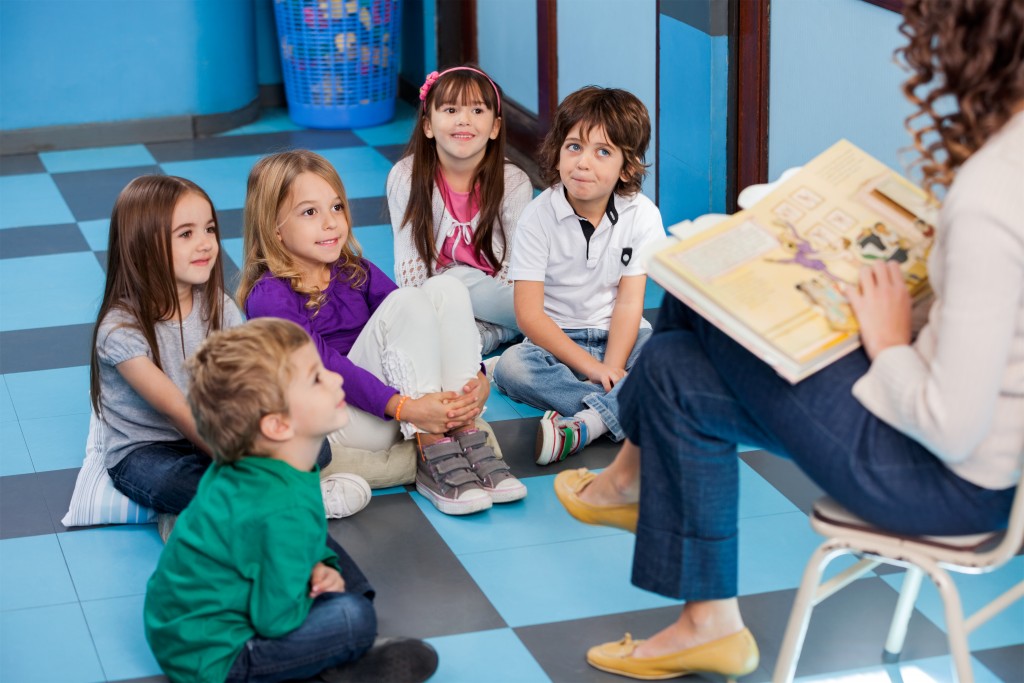- Intentional learning helps children set academic goals and develop a lifelong passion for learning.
- Parents serve as academic coaches, supporting their children’s learning journey and fostering a growth mindset.
- Alternative options like public charter schools, independent private schools, and homeschooling promote intentional learning.
- Parents can empower education by creating learning opportunities, fostering communication, and instilling a love for learning.
- A growth mindset and love for learning are crucial pillars for academic success and lifelong learning.
The importance of parental involvement in shaping a child’s educational journey cannot be overstated. Parents strive to provide the best possible education and opportunities from the moment a child is born. They carefully select pediatricians, baby gear, and daycare providers to ensure their child’s well-being and development.
However, some parents may need help actively engaging in their child’s education, feeling lost. Intentional learning is a powerful tool for parents to participate in their child’s education actively. Parents can inspire their children to become active participants in their educational development by fostering an environment that promotes a love for learning.
Through intentional learning, parents can encourage their children to ask questions, seek knowledge, and take ownership of their academic progress. Parents can play a vital role in shaping their child’s educational journey by engaging in educational activities and creating a supportive learning environment at home.
When parents actively participate in their child’s education, students tend to have higher grades, better attendance, and improved behavior in school. This blog post will explore the concept of intentional learning and provide valuable tips for parents to empower their child’s education.
Understanding Intentional Learning
Intentional learning is setting intended goals and working toward them through focused, deliberate effort. These are the essential elements that will help children become successful learners and well-rounded individuals:
Defining Intentional Learning
Studying diligently and actively seeking new information, exploring ideas, and expanding knowledge beyond the classroom is intentional learning. It emphasizes that children should not just memorize information but understand the significance behind it.
Children also learn the value of collaboration, creativity, and accountability when it comes to their educational success.
Benefits of Intentional Learning
Intentional learning has rewarding benefits for both students and parents. For children, purposeful learning leads to a sense of accomplishment and greater self-confidence. It creates a solid foundation for future academic success and instills a love for learning.
For parents, intentional learning means an engaged, motivated student who takes ownership of their academic success.
Parental Roles in Intentional Learning
Parents play an essential role in their child’s intentional learning journey. The most effective way for parents to support their child’s academic journey is to become their child’s academic coach. Parents must encourage their children to set educational goals and help them track progress.

Types of Schools for Intentional Learning
Parents interested in promoting intentional learning and seeking educational alternatives may consider exploring various schooling options that prioritize personalized knowledge, hands-on experiences, and a holistic approach to education. Three types of schools that embrace intentional learning include the following:
Public Charter Schools
If you want to enroll your child in a school emphasizing intentional learning, consider public charter schools. Inclusive public charter schools are tuition-free, publicly funded schools operating independently of the traditional public school system.
These schools often have specialized curriculums focused on specific areas of academic interest, such as performing arts or STEM. The emphasis on active and engaged learning can benefit students seeking an alternative to traditional public schools.
Independent Private Schools
Private schools are an excellent option for families seeking a stimulating and nurturing learning environment for their children. These independent educational institutions prioritize individual academic goals, tailoring teaching methods to meet the unique needs of each student.
With a focus on personalized learning, private schools provide ample opportunities for students to explore their interests and passions.
Homeschooling
Homeschooling is becoming increasingly popular for parents who want to actively participate in their child’s educational journey. By choosing homeschooling, families have the flexibility and freedom to tailor their child’s education to their unique needs, interests, and strengths.
This personalized approach allows parents to create a learning environment that fosters a more profound understanding, fosters curiosity, and promotes a lifelong love for learning.
Practical Tips for Empowering Your Child’s Education
Parents play a crucial role in actively supporting and empowering their child’s intentional learning journey. Here are some practical tips for parents who want to empower their child’s education:
Creating Learning Opportunities
Encourage your child to explore different interests and passions beyond the classroom. Attend museums, libraries, and cultural events together. Additionally, it provides access to learning resources such as books, educational games, and software that encourages literacy skills and critical thinking.
Nurturing a Growth Mindset
When students develop a growth mindset, they believe their abilities can develop through dedication and hard work or expand upon natural skills. Parents can nurture a growth mindset by praising their child’s efforts, providing learning opportunities, and encouraging goal setting.
Effective Communication
Establish clear lines of communication with your child’s teachers and school administrators. Attend parent-teacher conferences, provide open communication about your child’s education, and stay informed about your child’s progress in school.
Instilling a Love for Learning
Finally, parents who instill a love for learning create an environment where their child can thrive academically. Parents should encourage their children to embrace curiosity and encourage exploration. Children who enjoy learning will be more likely to remain engaged with their education throughout their academic journey.

Intentional learning is a powerful way to empower a child’s education and inspire a lifelong love for learning. By becoming an active coach in your child’s educational journey, focusing on personalized goals, and creating a supportive learning environment, you can help your child reap the numerous benefits of intentional learning.


